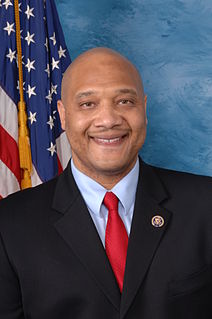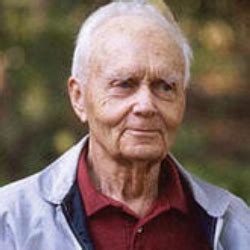A Quote by Deepak Chopra
If you look at all the notions we accept about who we are, you find that they are all based upon our perceptual experiences.
Related Quotes
All our thoughts and concepts are called up by sense-experiences and have a meaning only in reference to these sense-experiences. On the other hand, however, they are products of the spontaneous activity of our minds; they are thus in no wise logical consequences of the contents of these sense-experiences. If, therefore, we wish to grasp the essence of a complex of abstract notions we must for the one part investigate the mutual relationships between the concepts and the assertions made about them; for the other, we must investigate how they are related to the experiences.
It can be scary to find out you've been wrong about something but we can't be afraid to change our minds, to accept that things are different, that they'll never be the same, for better or for worse. We have to be willing to give up what we used to believe. The more we're willing to accept what is and not what we thought, we'll find ourselves exactly where we belong.




































